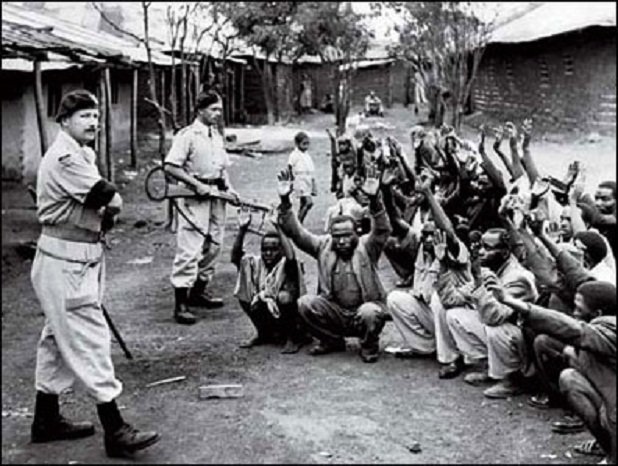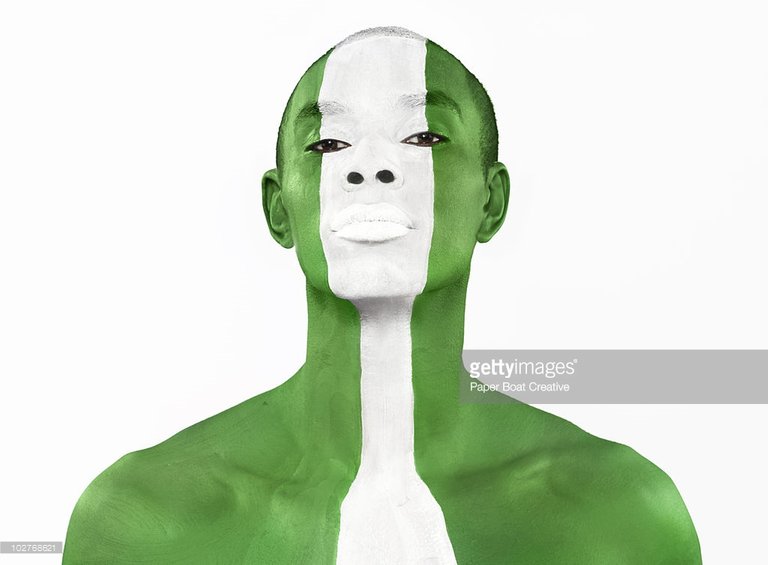
It was Governor Hugh Clifford, in 1922 that caused Britain to introduce the principle of electing Blacks into Nigeria's legislative council. Hitherto, the colonial administrative structuring had the aboriginal peoples of Nigeria relegated to the background. It precipitated a bad case of the white man's rule as the traditional rulers were coerced into becoming allies in order to help win over their subordinates while the educated elites were utterly excluded from the administration in an attempt to stifle the Nigerian vocal cords from producing melodious songs for freedom and independence.
.jpg)
Nevertheless, the educational elites did not dither. They sticked to their guns and by 1920, they had bourgeoned into a group of intelligentsias that ceased from thinking of themselves as Yoruba, Igbo, Hausa or Efik but as Nigerians. They envisaged an independent Nigeria with a future as big as God's love and they responsibly fought to free her people from colonial injustice and finally from colonial rule. They were the early colonial nationalist and it was they that fought against the colonial masters bare-knuckled until independence was won. 
The history of the fight for Nigeria's independence is a tad voluminous with a long list of heroes and heroines to appreciate : Gov. Clifford Hugh for the persuasive reform in 1922, Herbert Macaulay for NNDP and NYM (Nigerian Youth Movement) which made it possible for the people to express their grievances and desires more effectively. Dr. Nnamdi Azikwe, for NCNC (National Council of Nigerian Citizens), The London delegation and the zikist movement.
.jpg)
(#nigeria, #politics, #stach, #steemituyo)
Time and space will fail me to document the chronicles of Chief Obafemi Awolowo, of Sir Ahmadu Bella, of Sir Abubakar Tafawa Balewa, of Aminu Kano, of Chief Akintola (who in the constitution conference in London, had earlier proposed 1957 as the date for independence) and a host of others.
.jpg)
Finally, On a grey October morning in 1960, The Nigerian constitution order approved by the Queen came into operation. This order set up the independent federation of Nigeria, consisting of Northern Nigeria, Western Nigeria, Eastern Nigeria and Federal Territory of Lagos. Sir James Robertson was the Governor-general appointed by the Queen to exercise power and authority on the advice of the council of ministers (the federal cabinet) presided over by the prime minister: Dr. Nnamdi Azikwe.

Shortly, Dr. Nnamdi Azikwe succeeded Sir James Robertson as the first and only black governor-general of the federation of Nigeria. The Prime Minister was Sir Abubakar Tafawa Balewa..jpg)
On 1st October, 1963, Nigeria became a Republic. The head of state was now titled president and the British crown was discarded from her borders. Inevitably, Dr. Nnamdi Azikwe became the first president of the Federal Republic of Nigeria while Sir Abubakar Tafawa Balewa continued as Prime Minister....
Images source : Wikipedia
Bibliography : A History of Nigeria by G. I. C Eluwa ET al.